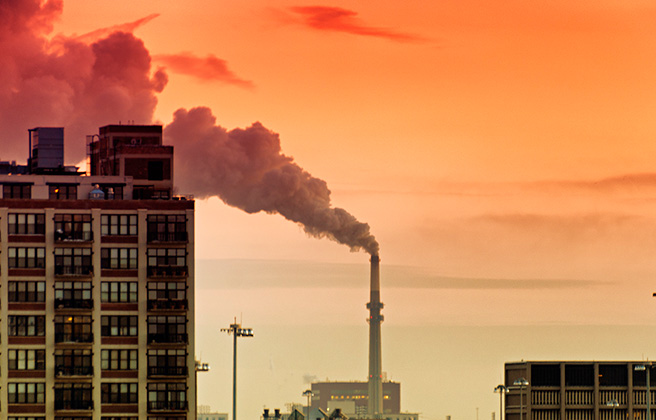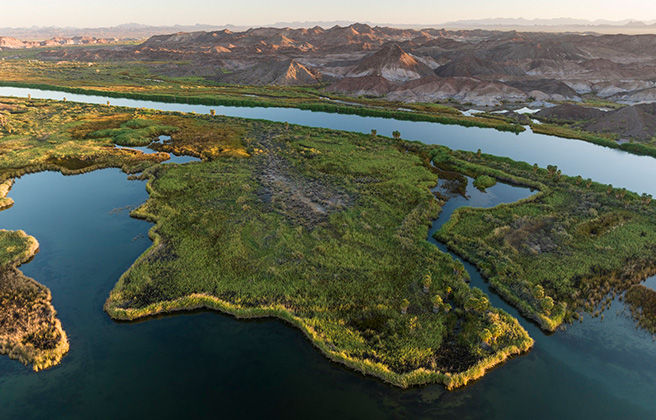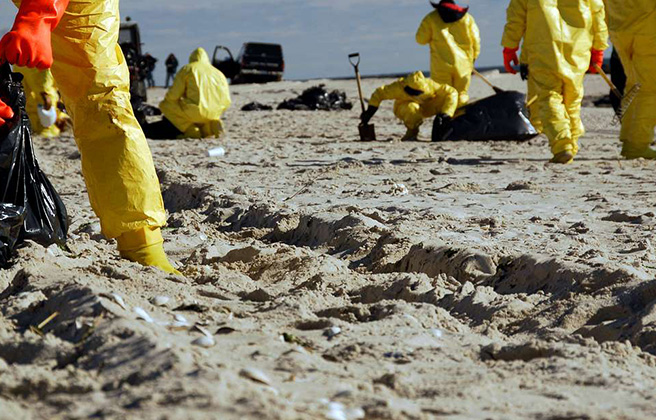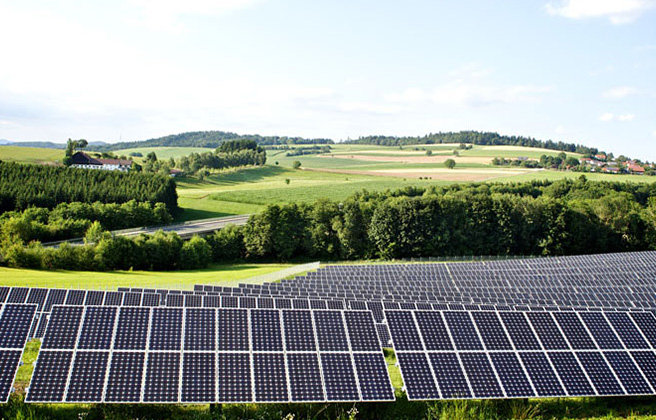Earth Week: Special Edition of Good Climate News this Week!
Apr 26, 2024
 Credit:
Nikolaj Habib
Credit:
Nikolaj Habib
Every Monday, we round up five of the best good climate news stories we’re celebrating. This week we’re covering EPA’s finalized soot rule, a new tribally-led national monument proposal, bills holding Big Oil accountable, the facility using paper waste to remove carbon dioxide from the atmosphere, and the EU’s new green tech legislation.

EPA finalized new, tighter standards for soot pollution. The new standards will cut toxic soot pollution from the air, improving air quality and public health in communities across the country.
Soot pollution is especially dangerous for those with asthma, heart or lung disease, and vulnerable populations including children and older adults. Once fully implemented in 2032, EPA estimates the new standards will prevent up to 4,500 premature deaths each year.
Source: EPA

The Fort Yuma Quechan Indian tribe of California has called on President Biden to protect more than 390,000 acres of their tribal homeland by establishing the Kw’tsán National Monument in Imperial County, CA.
The monument would allow the Quechan tribe to continue their traditional cultural practices and ways of life, which are deeply connected to the lands they are seeking to protect. It would also protect the ecological, scenic, recreational, and historic value of the lands.
Source: Fort Yuma Quechan Tribe

Vermont, Maryland, Massachusetts, and New York have joined forces to hold Big Oil accountable for expensive damage from extreme weather events worsened by climate change.
Each of these states is considering bills demanding oil companies pay millions of dollars toward climate infrastructure projects designed to avoid, moderate or repair damage caused by climate change. Examples of such projects include energy efficiency and water utility updates, stormwater drainage, and solar microgrids. The funds would help cover expenses that often fall to local governments and taxpayers.
The bills face an uncertain path in the state legislatures, but have several legislative precedents. Such precedents include the $206 billion settlement against Big Tobacco in 1998, and the 1980 federal Superfund legislation.
Source: Grist

A facility in Arkansas is taking sawdust and other waste from paper mills and transforming it into bio-bricks that capture and store carbon dioxide.
The facility, owned by a startup called Graphyte, is expected to create enough bio-bricks by the end of the year to capture 15,000 metric tons of carbon dioxide from the atmosphere. Over the next two years, the startup intends to remove a total of 65,000 tons of carbon dioxide through increased production of bio-bricks.
Source: E&E

In response to President Biden’s affordable clean energy plan, the EU finalized its own green tech manufacturing bill: the Net-Zero Industry Act.
The legislation will prioritize permitting and funding of local technologies to help the EU reach its goal of achieving net-zero emissions by 2050. It also sets an interim goal of the bloc supplying 40% of its demand for green tech by 2030. This goal will facilitate the return of green tech manufacturing to the EU, which has shifted to other countries in recent years.
Source: Politico
Check out the Power Source Blog and follow us on Instagram or Twitter for more Good Climate News every Monday.